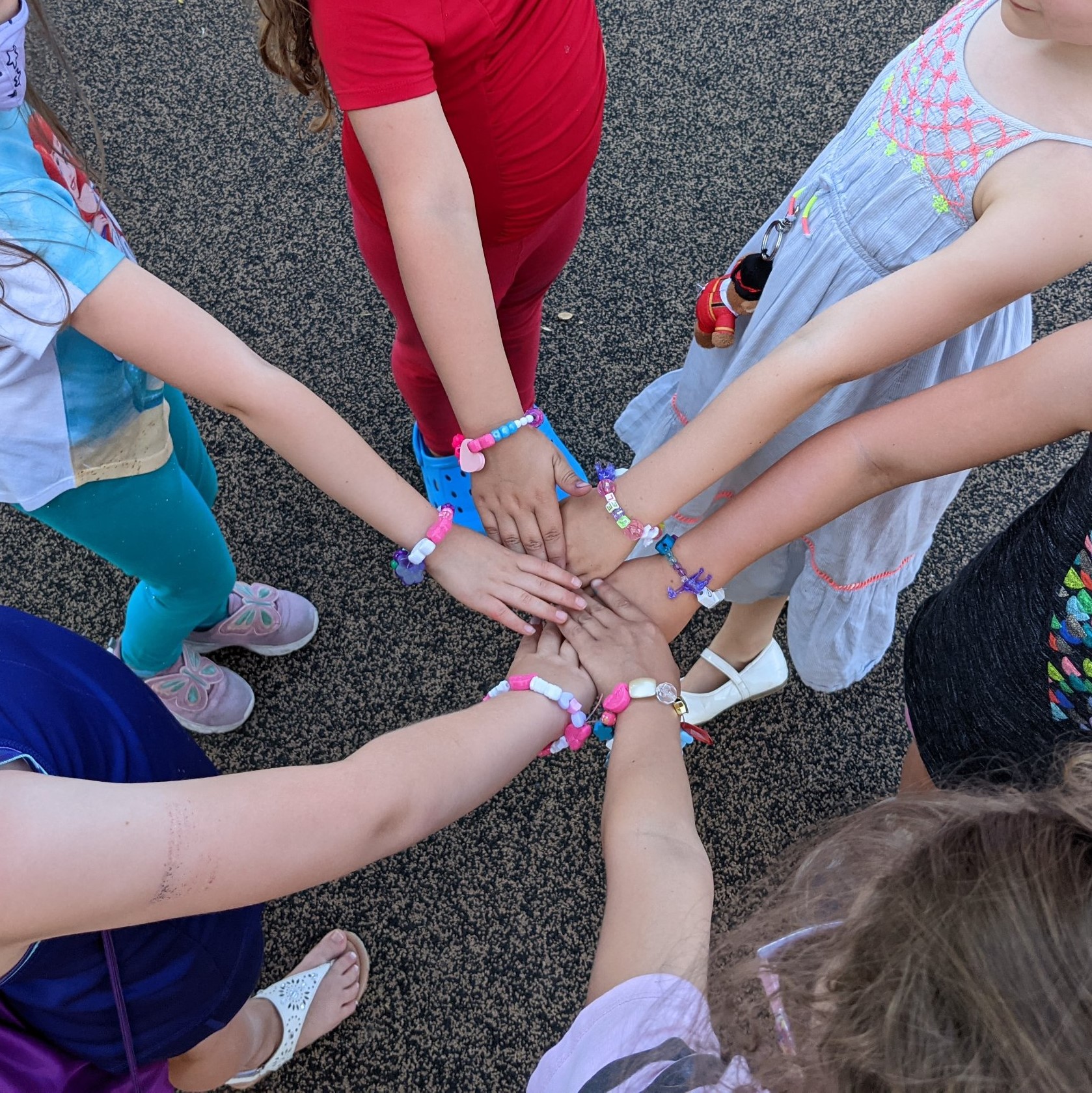How to Support Social Emotional Skills At Home

by Joanna Thompson
We all know it is important for students to focus on their academics. However, this is only a part of the picture for helping our kids grow and succeed. Students also need to learn and practice their social emotional skills, just as they do their reading, writing, and arithmetic.
In school, we teach students their letters, words, and sentences. We show them how to string ideas into coherent thoughts, and to record their thoughts on paper. These skills are taught, retaught, and practiced over and over. The same is true for math – we teach numbers, how to count, how to add, etc. We teach, reteach, and practice.
At home, we as parents and families can help reinforce what students learn at school. This doesn’t have to mean taking out flash cards and completing worksheets on a daily basis (although it could). Instead, when you are driving in a car and there is a truck in the lane next to you, point out the letters, the words, the colors. Or when you bring your kid to the grocery store, have them add up the cost of the items as you put them in your cart.
All day, many of us parents make up games like this to reinforce our kids’ academic learning. Now more than ever, as we start to re-emerge from the pandemic, we need to focus on learning and reinforcing social emotional skills as well. Social emotional skills need to be taught, retaught, and practiced, both at school and at home.
Here are some simple ways to teach and reinforce social emotional skills at home with young children:
Be kind
- Take your child to the park. Encourage your child to introduce themselves to another child by sharing their name and asking if the other child wants to play.
- When you are with your child and you see someone fall, encourage your child to ask if they are okay.
- Model how to celebrate others for doing their best (climbing the rock wall, making bracelets, swimming in the deep end, hitting the ball in baseball, etc.).
- Encourage your child to include others in games and play.
Be an Upstander
- Teach your child what it means to be an “Upstander” – someone who reaches out, speaks up, and gets help for others. Talk through different scenarios that might require your child to be an Upstander. Allow them to practice what they might say or who they might go to for help.
- Encourage your child to reach out to a classmate who is being treated unkindly by talking to them, sitting with them at lunch, walking with them in the hallways, etc.
- Brainstorm language your child can use if they hear name-calling or other hurtful words. For example, “We call people by their first names here,” or “We use kind words.”
Work through conflict
- Help your child understand that conflict is normal. It is not good or bad to have conflict with peers, it just means that something needs to change.
- Practice helpful language your child could use when they experience conflict. For example, “Stop, I don’t like that,” or “When you say that, it hurts my feelings.”
- Sometimes conflict with children happens over the feeling of being excluded. If your child feels left out, encourage them to say, “Hey, I feel left out, may I play with you?”
Practicing social emotional skills will help your child be prepared to face life and all its challenges. It will help your child with their future relationships, job interviews, and daily interactions with people.
Parents and caregivers, remember: in the eyes of your little one, you are their hero! Lead by example, teach, give time to practice, and let your child know you are there for them.
About the Author
Joanna Thompson has been with Peaceful Schools for 8 years, where she is currently the Western New York Regional Director. When Joanna is not working with schools, students, and community groups, she can be found “momming around” with her 6-year-old daughter, Lynnie.




